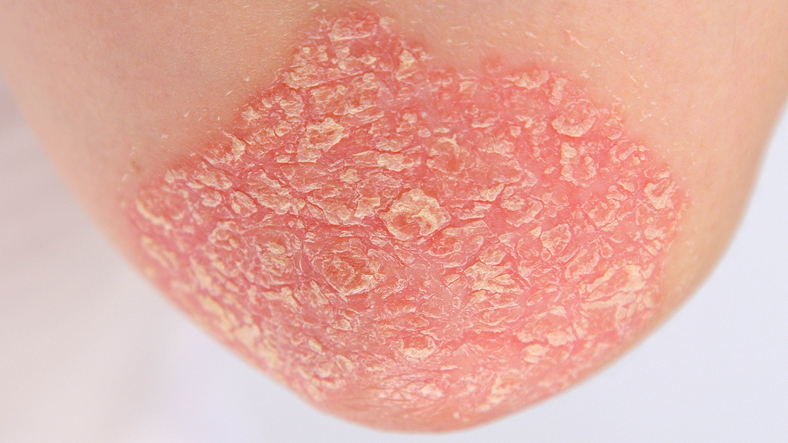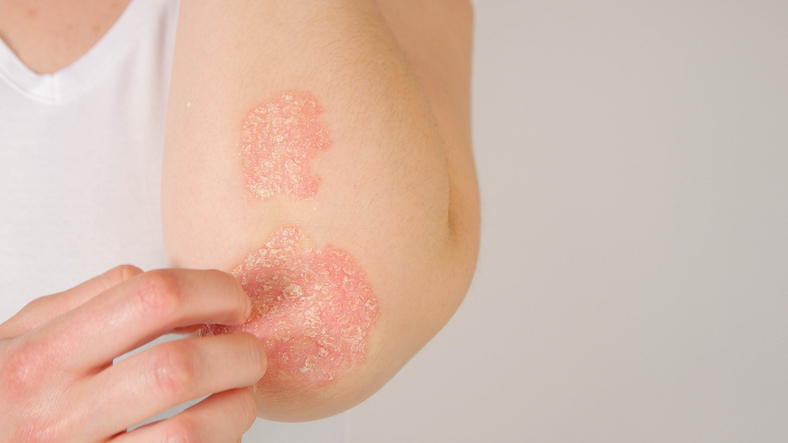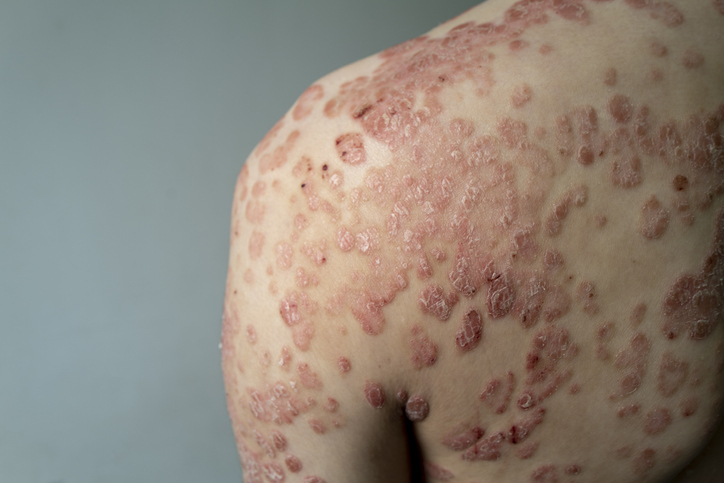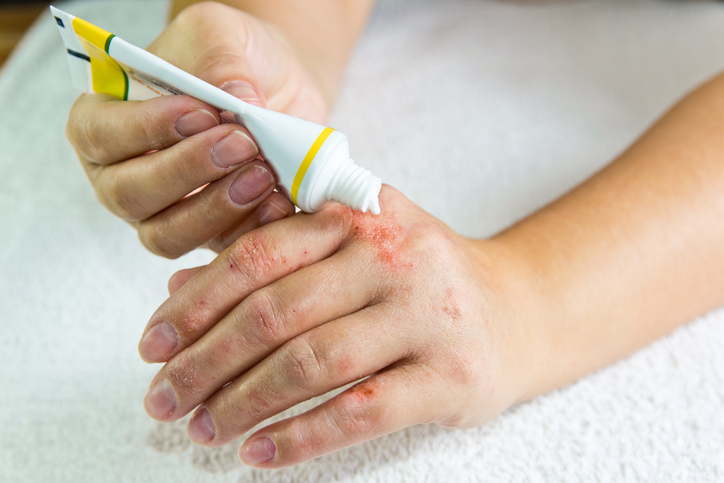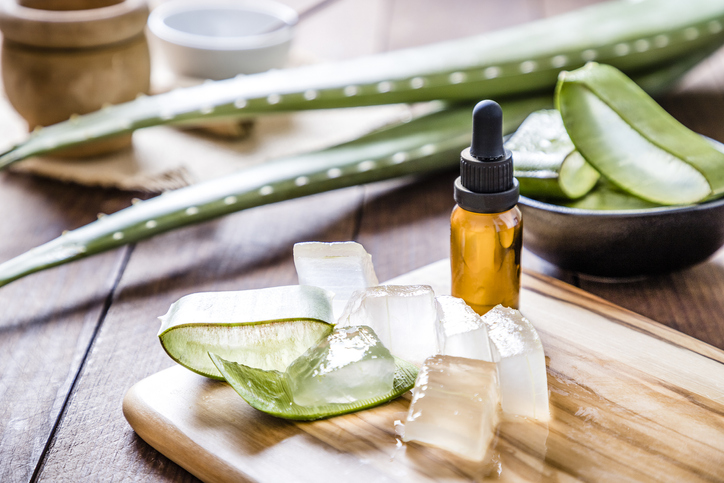Pain
At-Home Treatment Options for Psoriasis
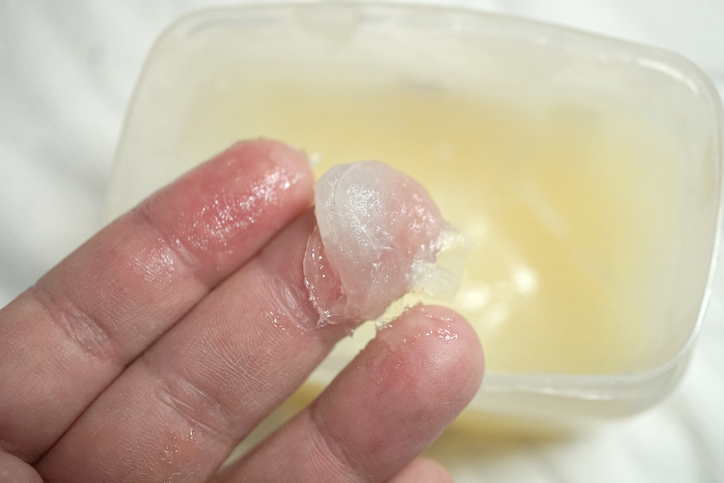
What is psoriasis?
Psoriasis is an autoimmune disease that causes skin cells to multiply up to 10 times faster than normal. There is a wide spectrum of severity and manifestations of psoriasis, but common characteristics of most types of psoriasis include skin redness (erythema), thickening, and scaling (squamae).
Symptoms of psoriasis range from pinhead-sized spots on the skin to major eruptions that cover large areas of skin. Symptoms most commonly occur in cycles, flaring for a few weeks or months, then subsiding or going into remission.
At-home treatments
In addition to conventional medical treatments for psoriasis, several at-home treatments and lifestyle adjustments can help reduce symptoms of the condition. At-home treatments and lifestyle adjustments include the following:
- Applying petroleum jelly to the skin
Applying petroleum jelly or another thick moisturizer to the skin locks in moisture, which can promote healing and reduce itching and redness. - Wrapping the skin
After applying cream, lotion or ointment at bedtime, wrapping the skin in plastic wrap can help with absorption. Adding a snug layer of clothing over the plastic wrap helps it stay in place. - Taking a bath with salts or oats
Soaking for 15 minutes in a warm bath with Dead Sea salts, Epsom salts, or ground-up oats can soothe the skin. Moisturizer should be applied after the bath. Daily bathing can also help remove scales. - Running a humidifier
Using a humidifier provides moisture in the air, which can help prevent dry skin and aggravation of psoriasis symptoms. - Avoiding fragrance
Soaps and perfumes often have dyes and other chemicals that can irritate the skin. Using bath and laundry products made for sensitive skin can help reduce symptoms of psoriasis. - Following a healthy diet
Following a diet filled with vegetables, fruits, whole grains, healthy fats, and fish may help reduce psoriasis symptoms. In addition, eliminating foods that cause inflammation from the diet may be helpful. These foods include red meat, saturated fats, fried foods, refined sugars, and alcohol. - Maintaining a healthy weight
Being overweight or obese carries an increased risk of developing psoriasis as well as more severe symptoms if it does develop. For those who are overweight or obese, weight loss can help reduce symptoms. - Quitting the habit of smoking
Smoking can also contribute to psoriasis and worsen symptoms. Individuals with psoriasis who smoke may experience a reduction in symptoms after quitting. - Avoiding stress
It’s important to practice good stress management skills, as stress can worsen psoriasis. Relaxation techniques, such as deep breathing, guided meditation, and progressive muscle relaxation, can be especially helpful.
